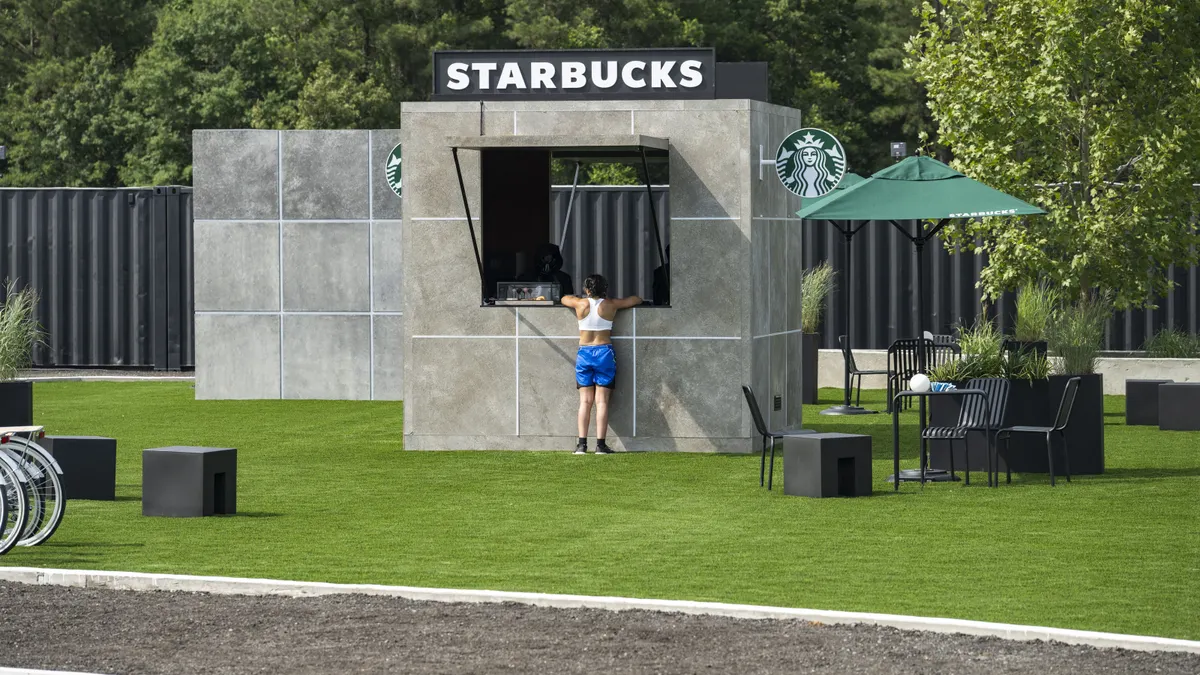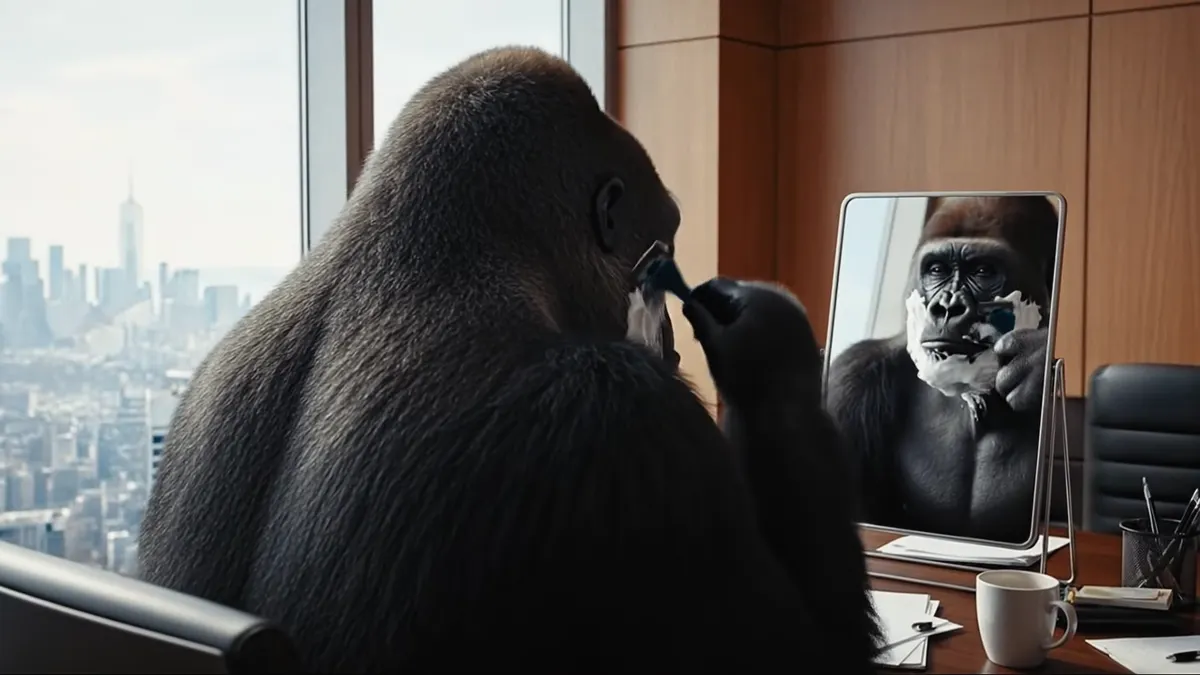Kraft Heinz and Kellogg reported strong Q2 earnings results Thursday, another indication that packaged foods companies continue to see a windfall from the coronavirus pandemic. Executives reinforced that marketing will play a key role in keeping up the momentum, setting up a busier second half to 2020 after many brands culled their activity at the outset of the health crisis.
The higher premium on marketing from Kellogg and Kraft Heinz marks a break with some other CPG companies that reported their earnings this week. Procter & Gamble has been comparatively quiet on its plans despite posting its strongest yearly sales gains in over a decade. But P&G is in some ways an outlier, as others, like Unilever, are also gunning to turn the taps back on.
Some packaged food players were in desperate need of a boost and are now looking to seize on newfound relevance. Kraft Heinz, which for years struggled to court important groups like millennials, has seen growing interest during the pandemic from demographics where it has historically under-indexed, such as smaller households without kids and younger, higher-income, more diverse consumers — cohorts the company will target more aggressively.
"[We're] going after this aggressively with a second half plan that includes a 40% increase in working media dollars versus a year ago," Carlos Abrams-Rivera, president of Kraft Heinz U.S. business, said on a call discussing the Q2 results with investors, a transcript of which was provided by Seeking Alpha.
Executives later clarified that they do not expect the ramp up to create a financial burden on Kraft Heinz, as the company will cut marketing spend in other areas. Similarly, Kellogg looks to rev up marketing significantly for the rest year after seeing its H1 budgets pulled back as events like March Madness and the Euro Cup soccer tournament were canceled or delayed due to the new coronavirus.
"That led us to making big shifts in marketing and investment, which we plan ... to fully invest in the second half," Kellogg CEO Steven Cahillane said on the company's call with investors.
"[We're] talking about [it] being as much as $60 million, 6-0 in shift from the first half into the second half, much of that advertising and promotion," Cahillane added, noting much of the company's efforts will be weighted toward Q3.
Long-term shift
While there were some downsides in the Q2 results, the bottom line is that the once-flagging packaged foods sector has received a sustained second wind during the health crisis as consumers continue to cook at home and favor comfort foods like cereal and snacks.
Kraft Heinz saw comp sales rise 7.4% in Q2 2020, while Kellogg reported the same metric jumped 9% for the quarter, according to The Wall Street Journal. The latter's gains were supported by strong performance in categories like cereal, which saw consumption up almost 16% year-on-year.
As with earnings reports last quarter, comments from executives this go-around suggest that pandemic-driven habits could stick even after the worst of the virus passes — a turning point that won't occur soon in the U.S. as caseloads continue to climb. The longer-term shift in consumer behaviors could have significant implications for how major CPGs think about investing in marketing and product innovation.
Kellogg called out how stuck-at-home consumers, beyond buying more snacks and breakfast foods, are easier to engage through marketing. Recent efforts from the company reflect some of the habits driven by the pandemic, such as streaming. A rewards program that Kellogg's Cheez-It Snap'd brand introduced in July offers Amazon Prime users who binge-watch video content credits that can be put toward Cheez-It products.
"[With] people far less mobile and staying at home, our ability to connect with them continues to be very strong," Cahillane said on the earnings call. "So it's digital, it's social, it's traditional, all guided by ROIs and with very attractive categories."
Lingering pain points
However, not all the news coming from the packaged food sector was positive. Kraft Heinz wrote down some of its biggest brands, including Oscar Mayer — already subject to a massive write-down last year — Maxwell House and seven others. The move indicates that the pandemic has not created a panacea for labels that were on shaky footing before COVID-19 roiled the U.S.
Kraft Heinz overall reported $2.9 billion in impairment charges for the quarter, with Oscar Mayer alone accounting for $626 million, suggesting the early summer cookout season has been impaired by virus-related lockdowns. The hot dog brand recently ran a well-received social media campaign that urged consumers to continue the cookout tradition, but by practicing social distancing in their front yards.
In other respects, Kraft Heinz, like Kellogg, is seeing a resurgence in consumer interest, with brands including Kraft Mac & Cheese, Ore-Ida, Planters, Philadelphia and Capri Sun attracting both new buyers and driving repeat purchases.
"In terms of repeat rates, new buyers are repeating at higher rates than in the past and buying more frequently," Abrams-Rivera said. "In fact, 75% of new buyers since the pandemic started are still buying our products now."




















